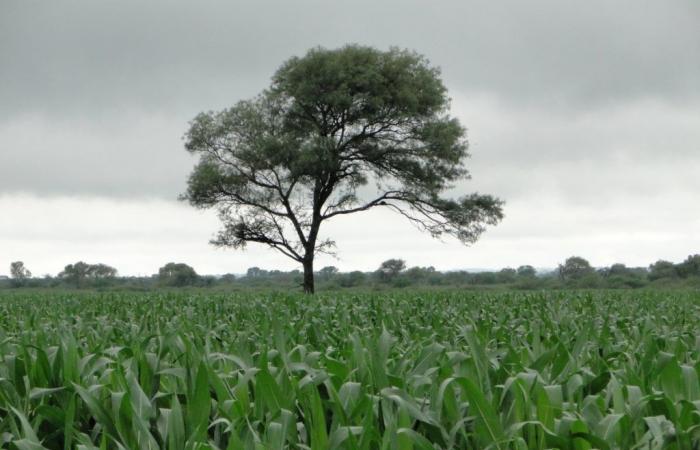(ADN).- Agricultural producers from Argentina, Brazil and Uruguay grouped in the Adecoagro company requested economic compensation for the carbon capture they carry out. With more than 560,000 hectares cultivated, they ensure that they make a contribution to the environment and take concrete action against global warming.
With the productive surface, the company recently decided to carry out a calculation: how many tons of carbon they sequester through photosynthesis. The sum gave 13 million tons of carbon equivalent annually. However, when the company calculates its carbon footprint according to current international standards, imposed by the United Nations, the result changes completely: it shows that they emit between 700,000 and 800,000 tons annually and that they have to pay for this environmental liability. .
These data were presented by Alejandro López Moriena, Director of Sustainability at Adecoagro, during the World Agri-tech South America Summit that is being held in São Paulo (Brazil).
The executive took advantage of this example to raise the flag and raise his voice about a claim that Argentina has been making regularly: modifying and combining new criteria for measuring the carbon footprint, which contemplate this “sequestration” within the equation and recognize it. economically that environmental contribution made by South American producers.
López Moriena specifically participated in the panel “Regenerative agriculture: harnessing farmers’ knowledge to optimize land stewardship and resource management.”
The representative of Adecoagro recalled, at the beginning of his speech, that when talking about sustainability, we must remember that it has three dimensions: environmental, social and economic.
At this point, he questioned that in general there is a lot of focus on the first two and not on the third, which is essential so that more sustainable production can truly become a reality, because it is difficult for any company to commit to making changes if what is going to happen do is not profitable enough.
“If we don’t do business, it is difficult to protect resources or make a social contribution. If we are not profitable, there are no more producers. You have to keep profitability in mind and stop considering it a bad word. To improve you have to be able to make money,” López Moriena emphasized.
And this is when he mentioned the fact that carbon sequestration should be considered an asset in favor of producers and agricultural companies.
“With photosynthesis, producers are already sequestering enormous amounts of carbon: they should be paying us for that and not have to offset emissions. Obviously, agronomic practices can be improved to have less environmental impact, but first it must be recognized that producers sequester carbon,” he exclaimed.






